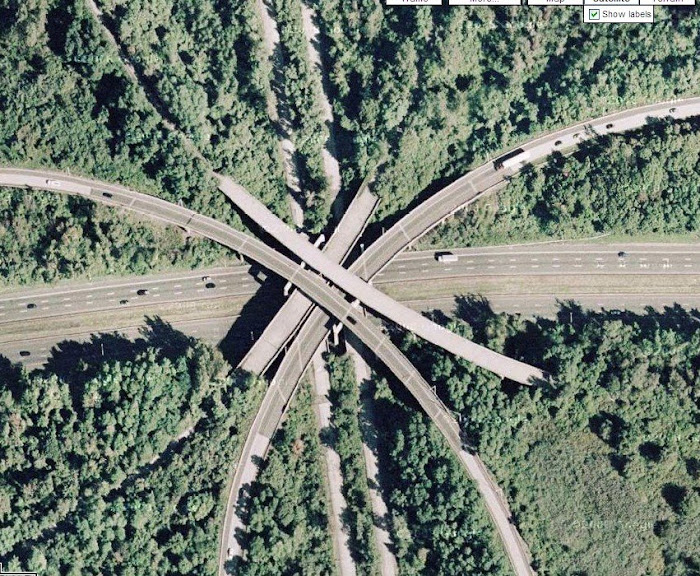Today I got in the car and heard the
news of the Las Vegas massacre. On the way home, they played Tom
Petty after announcing his passing. His lyric “I don't understand
the world today” haunts me on this day of inconceivable loss. So
many lost their lives to the act of a man that never before raised
the slightest alarm.
In Irish culture, such turns of fate
are explained as the works of faeries, the mystical beings of the
eternal woods who come and exchange the dead for the living. A victim
of a stroke who loses some faculty is said to have been deprived by a
faery, taking his good mind and replacing it with something
tarnished. Like pirates, they return to the forest with their booty,
enjoying endless revelry, unconcerned by the blemishes left by their
passing through the world of mortal humans.
Yeats wrote of the legend of the
faeries, how it would console those who lost a sibling before their
time. While they came and went like grim reapers, the fear of their
coming was balanced by a pagan notion of heaven where the lost child
would enjoy a life without care for time eternal.
The Stolen Child
W. B. Yeats, 1865 - 1939
Where dips the rocky highland Of Sleuth Wood in the lake, There lies a leafy island Where flapping herons wake The drowsy water rats; There we’ve hid our faery vats, Full of berrys And of reddest stolen cherries. Come away, O human child! To the waters and the wild With a faery, hand in hand, For the world’s more full of weeping than you can understand. Where the wave of moonlight glosses The dim gray sands with light, Far off by furthest Rosses We foot it all the night, Weaving olden dances Mingling hands and mingling glances Till the moon has taken flight; To and fro we leap And chase the frothy bubbles, While the world is full of troubles And anxious in its sleep. Come away, O human child! To the waters and the wild With a faery, hand in hand, For the world’s more full of weeping than you can understand. Where the wandering water gushes From the hills above Glen-Car, In pools among the rushes That scarce could bathe a star, We seek for slumbering trout And whispering in their ears Give them unquiet dreams; Leaning softly out From ferns that drop their tears Over the young streams. Come away, O human child! To the waters and the wild With a faery, hand in hand, For the world’s more full of weeping than you can understand. Away with us he’s going, The solemn-eyed: He’ll hear no more the lowing Of the calves on the warm hillside Or the kettle on the hob Sing peace into his breast, Or see the brown mice bob Round and round the oatmeal chest. For he comes, the human child, To the waters and the wild With a faery, hand in hand, For the world’s more full of weeping than he can understand.



No comments:
Post a Comment